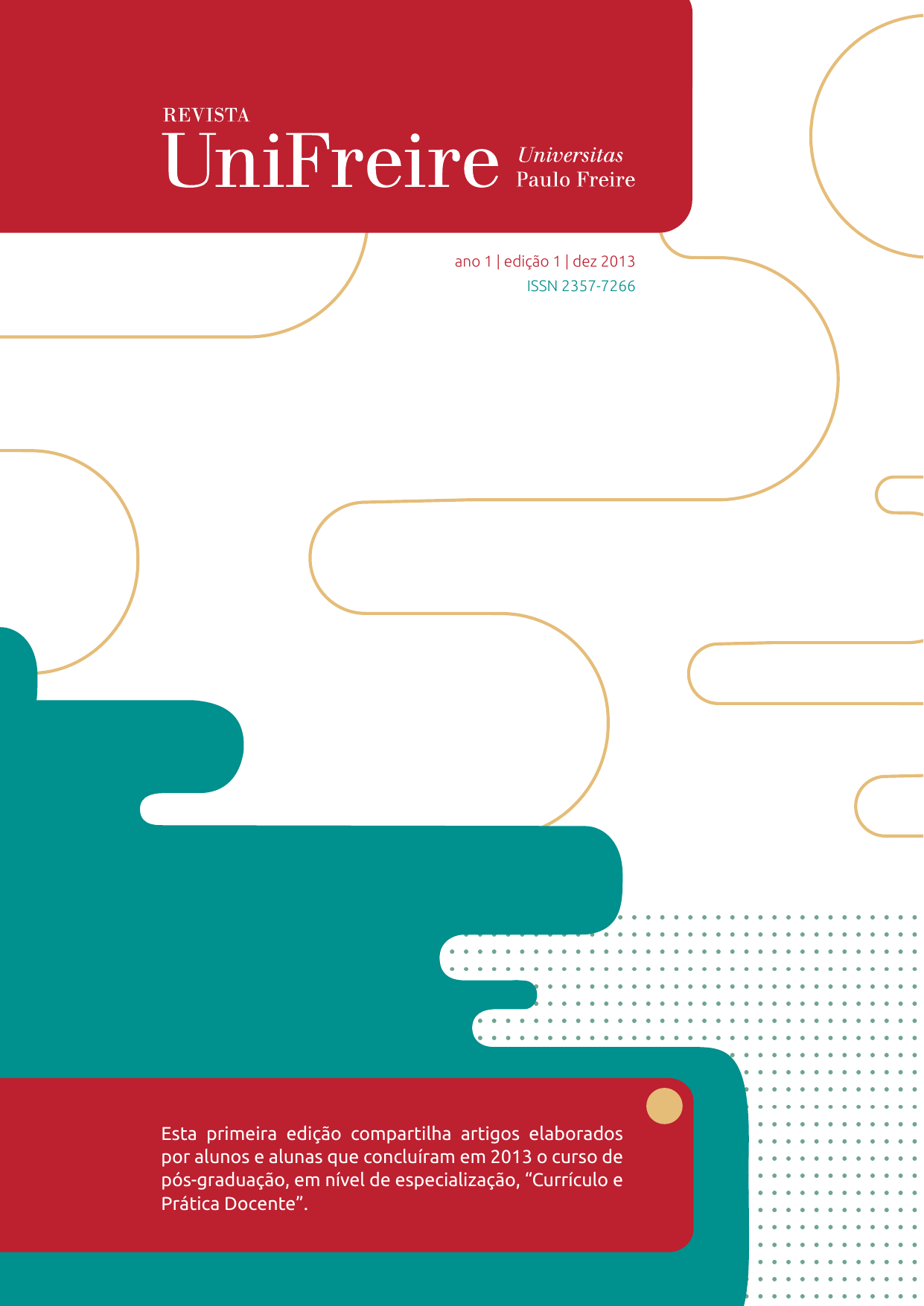THE CONTRIBUTIONS OF GAMES IN COGNITIVE, SOCIAL ANDAFFECTIVE DEVELOPMENT IN EARLY CHILDHOOD EDUCATION
Keywords:
Make-believe, Child, Teacher, Early childhood education, To playAbstract
This article refers to the importance of playing in child development and the importance of make believe this playful universe. We tried to show as make believe based on the theories of Kishimoto, Piaget and Vygotsky has contribute to the cognitive and social development of the child. Thus, the present study has as main purpose to demonstrate that the make believe, as a pedagogical tool in which the teacher can use it to understand conflict situations or to stimulate, through mediation how the child produces or processes the acquired knowledge. We highlight the role of the teacher in providing diverse games since before the measurements made believe that playing during childhood is extremely important because that is when the child gradually appropriates the world and through play, the child is also able to learn rules and values that may be useful for collective life.
References
BRASIL. Ministério da Educação e do Desporto. Referencial curricular nacional para a educação infantil. Brasília: MEC, Secretaria de Educação Fundamental, 1998.
KISHIMOTO, Tisuko Morchida (Org). O Brincar e suas teorias. São Paulo: Pioneira, 2002.
PIAGET, Jean. A formação do símbolo na criança: imitação, jogo e sonho, imagem e representação. Rio de Janeiro: Zahar, 1971.
VYGOTSKY, Lev. A formação social da mente. 6 ed. São Paulo: Martins Fontes,1998.


